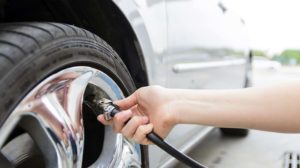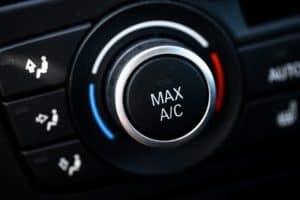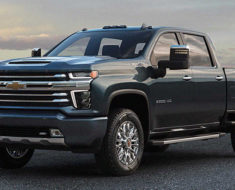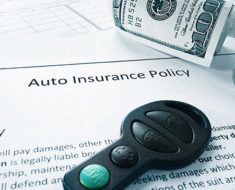
Source: https://www.pexels.com/
Cars, especially the older ones, are not eco-friendly machines by design. They burn fuel and emit carbon and other chemicals into our atmosphere, contributing to the global rise in temperatures. While there are innovations underway, like Tesla’s electric car, most vehicles on the road still rely on gas or diesel. Unless you switch to a more environmentally-engineered vehicle, the best way to be more eco-friendly is by being more fuel efficient. Lesser fuel means lesser carbon in our air. Being more conscious about this saves you money and is an incremental help towards the earth. How exactly to do this? Here are six ways.
Drive smart
The easiest way you can be more eco-friendly on the road doesn’t necessarily involve changing anything in your car but simply tweaking your driving habits. Aggressive driving might feel powerful and liberating, but it takes a large chunk of your fuel while releasing extra emissions into the atmosphere. It is more efficient to plan your route beforehand and avoid making detours. You’ll save more on gas by taking the shortest way to your destination. Additionally, turn off your engine than let it sit idly. Even when you’re not driving, an idle engine still burns fuel.
Check tire pressure

Source: https://static1.st8fm.com/
Maintaining optimal tire pressure is a simple way of boosting your fuel economy. Tires that are under-inflated don’t work as efficiently compared to fully inflated ones. More fuel is burned by the engine to get them moving.
Check your car’s manual to know the correct pressure for your vehicle since it varies from tire to tire and from car to car. It is usually printed on the side of the driver’s door as well. Moreso, keeping tires well-inflated is a good practice of proper auto maintenance. That’s one less tire ending up in our already crowded landfills.
Avoid extra weight
It takes more energy to run a heavier car than a lighter one. Unless your vehicle undergoes significant alterations, there is not much you can do to change its actual weight. What you can do is avoid adding unnecessary weight to your car. This means that you should only bring the essentials with you.
If you keep toting your bike or any heavy equipment under your pick-up’s tonneau cover, it will take a toll on your fuel. It’s best that you just leave these things at home or in your garage unless you absolutely need them. Though small, you will notice a bump in your savings in fuel consumption. A few saved dollars in between gas-ups will make all the difference in the long run.
Reduce air conditioning

Source: https://carfromjapan.com/
We get it, it’s hot especially during the peak months of summer. But according to the State of California DMV, your fuel costs can increase by 13% to 21% when your A/C is in full blast. The engine works harder to compensate for the strain in the car’s electrical system brought about by the A/C. That’s why seasoned drivers turn off their air condition when traversing uphill or any challenging route to increase engine power.
Additionally, don’t get tempted to roll down your window either. This decreases your vehicle’s aerodynamics making it less fuel efficient.
Maintain radiator system
The radiator maintains the temperature of engines, making sure that it’s not too hot or cold to operate. A thermostat determines how hard the radiator should work. If it runs cold, the engine’s efficiency is reduced. But if it runs hot, the engine can overheat and damage the radiator too. Checking if the thermostat works appropriately will help avoid these problems. Having this regularly looked by a mechanic will improve your fuel economy and save you a hefty repair down the road.
Tune-up regularly
A tune-up is a fancy term for a procedure or service that supposedly improves your engine’s performance. Commonly, this includes having your oil changed, engine air filter replaced, and spark plugs changed. Oil changes should be done every time you reach 5,000 miles. New oil in your engine helps with lubrication, helping it run with less resistance. While spark plugs should be checked or replaced every 30,000 miles. When they get dirty, they’re less likely to burn fuel making for an inefficient engine.









































